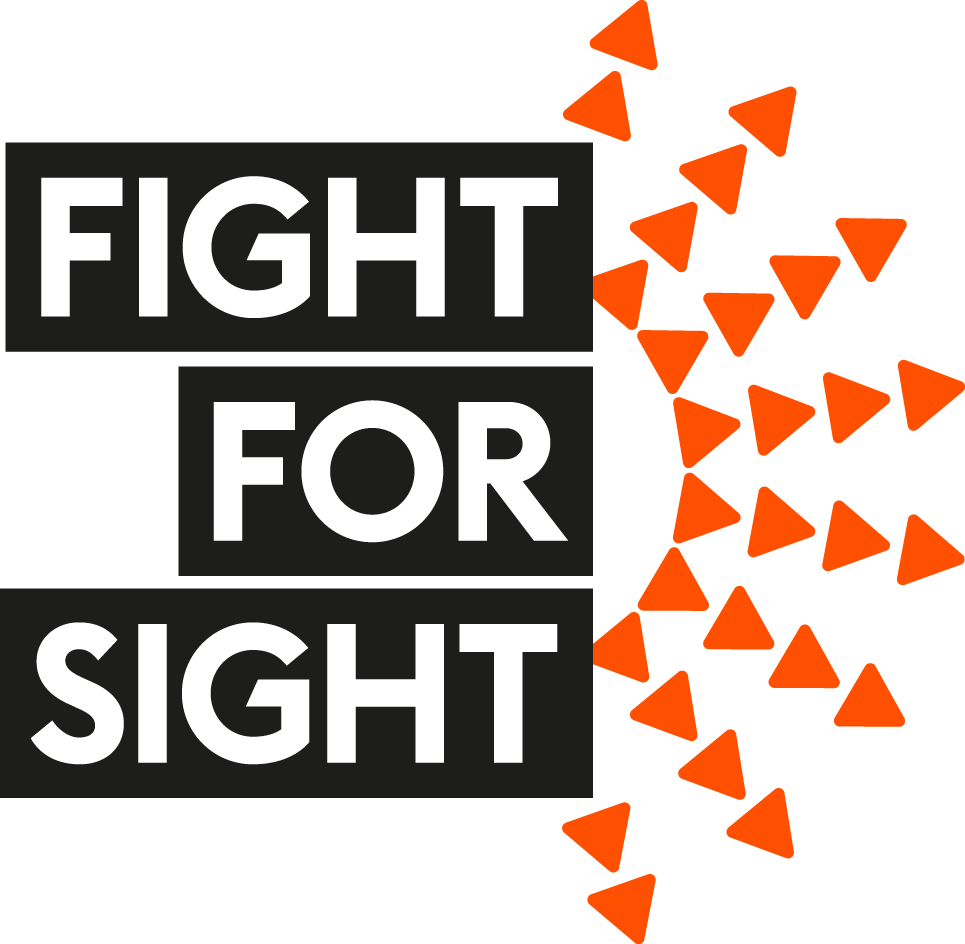Nystagmus Stabilisation with Virtual Reality Technology
Research details
- Type of funding: Fight for Sight / Nystagmus Network Small Grant Award
- Grant Holder: Dr Helen Griffiths
- Institute: University of Sheffield
- Region: North East
- Start date: January 2018
- End Date: June 2019
- Priority: Quality of Life
- Eye Category: Refractive error & ocular motility
Overview
Nystagmus is a condition where the eyes make repetitive, uncontrolled movements. People with recent onset nystagmus become aware of oscillopsia, a symptom where they see the world in continuous, erratic motion due to the eye movements. It affects at least 10,000 people in the UK and over 150,000 across Europe. People with oscillopsia can be incapacitated by their disturbed vision and experience nausea, disorientation and loss of balance. There are limited treatment options and therefore people with the condition may require significant levels of support as they struggle to perform everyday tasks generally taken for granted e.g. watching TV, reading, shopping. The severe impact on quality of life can lead to psychological problems. This project proposes the adaptation of new virtual reality (VR) headsets as a treatment tool to provide much needed relief from oscillopsia.
A VR headset will be used to track the patient’s eyes in real-time and move the visual image with the patient’s eye movements. A series of experiments in VR will be designed to test the image stabilisation procedure to develop the set-up. An assessment of the effectiveness of the technology will be performed on a small number of people with oscillopsia. This project will demonstrate the viability of image stabilisation for people with oscillopsia and if successful will produce a prototype stabiliser in VR.
The researchers aim to correct the display in a virtual reality headset so these individuals see a stabilised image, free from oscillopsia. This will not only provide much needed relief for the individual but opens the door to a multitude of tasks which would not have previously been possible (e.g. ability to use a computer, browse the internet, read eBooks, play games, watch a film etc.). It is also conceivable that access to these resources will help reduce or prevent onset of associated psychological problems.

